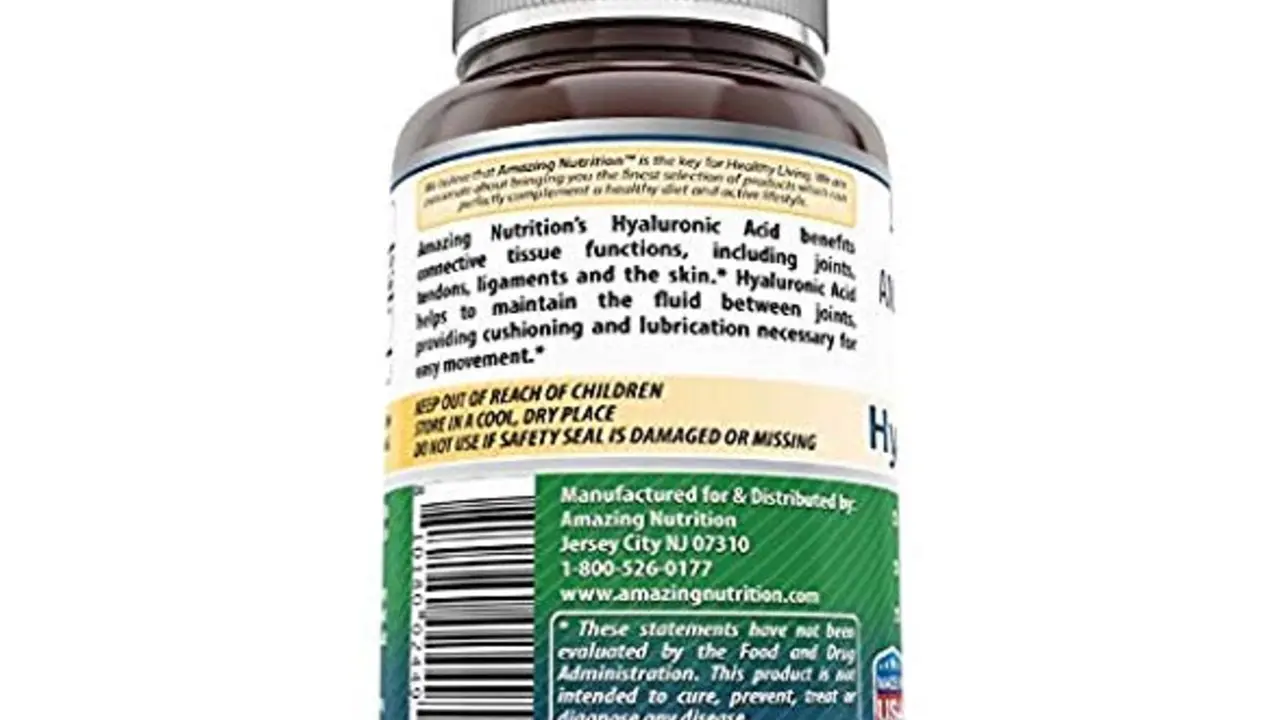
Why Hesperidin is the Next Big Thing in Dietary Supplements and How It Can Benefit You
Are you curious about why Hesperidin is making big waves in the dietary supplement industry? So was I! In our pursuit of health and wellness, it seems like there's always a new 'it' thing that promises to be a game changer. Well, let me introduce you to Hesperidin - a dietary supplement that's creating quite the buzz! In this post, we'll be diving deep into what Hesperidin is, why it's becoming a household name in dietary supplements, and the various benefits it can offer to us. Prepare yourself for an exciting journey into the world of health-enhancing supplements!
View More